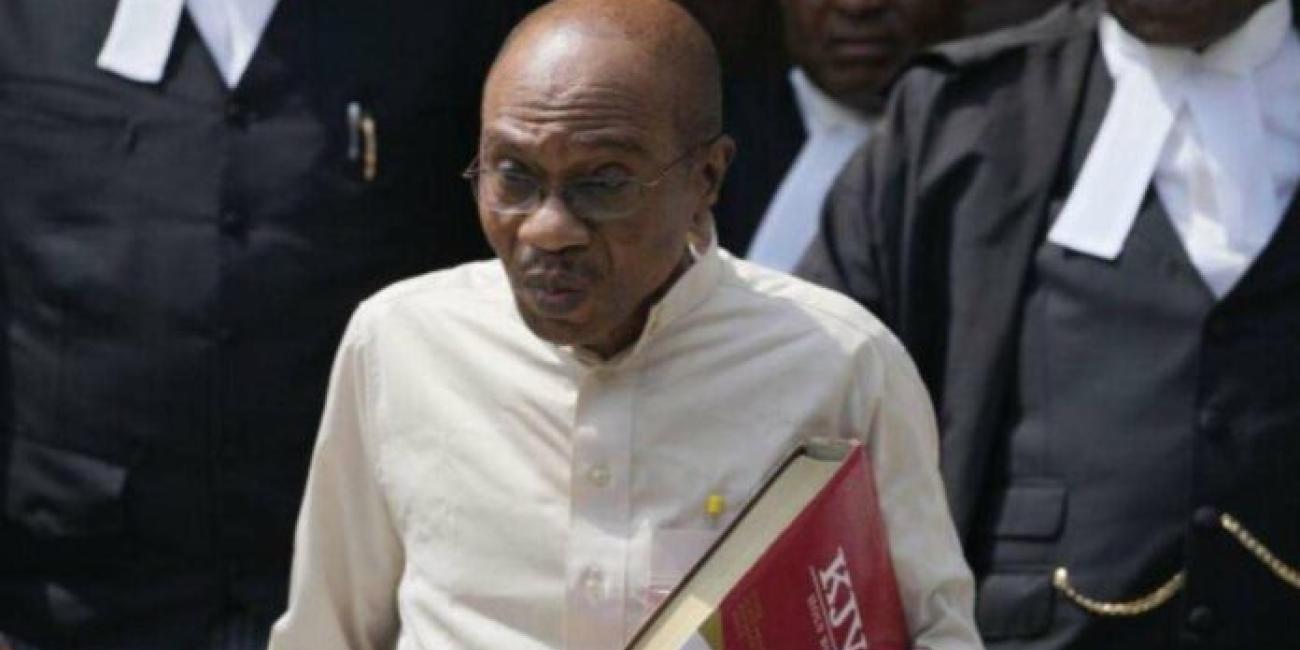TRIBUNE
If one had to limit themselves to only Nigeria’s way of leadership, one might never know what other countries within Africa have had to face over decades.
Imagine having a president who ruled over a nation for not just eight years but over ten years and still counting, just like Emperor Haile Selassie, who, according to Britannica, ruled over Ethiopia for about 44 years (1930-1974) before he was overthrown in 1974.
Many other countries have records of long-serving presidents, and in this piece, we’ll examine the countries with the longest presidency in Africa.
1. Republic of Congo (Denis Sassou Nguesso) – 1979 till date
Nguesso was born in 1943 and attended Loubomo Secondary School from 1956 to 1961. He was affiliated with the military and joined the army in 1960, where he was sent for training in Algeria and France.
Best online courses
In the early 1970s, he became actively involved in politics and became a colonel. He was connected to the country’s primary ruling party, the Congolese Labour Party.
Denis Sassou Nguesso was first elected president in 1979 and ruled the Republic of Congo until 1992, when it was forced into a multiparty democracy. But in 1997, after a civil war, he returned to power and has stayed in power to date. It was a political comeback, and he has been in power for more than twenty years after his re-election.
Two years before he lost his seat, in 1990, he influenced the introduction of new political parties in Congo to counter the one-party system that existed in the state.
This fight for democracy led to his removal from office, as the people democratically elected Pascal Lissouba as president. In 1997, he came back to power to continue the work towards democracy that he had previously started. He’s the fifth and seventh President of Congo.
2. Equatorial Guinea (Teodoro Obiang Nguema Mbasogo) – 1982 till date
Obiang was born June 5, 1942, in Acoacán, Equatorial Guinea, and has been in power since 1979. He came into power when he took over from his uncle, who became the nation’s first president immediately after independence in 1968, by a coup.
When he came into power, he made a few political changes that did little to improve the population. This caused them to deal with poverty and limited access to basic amenities. There were also persistent occurrences of human rights abuse.
A $3 million donation that Obiang used to fund the UNESCO-Obiang Nguema Mbasogo International Prize for Research in the Life Sciences triggered controversies and raised questions due to his track record.
The president has been in power for over four decades. He became president in 1982 and is still in office. It’s safe to say he’s one of those whose country had the longest presidency in Africa.
3. The Eritrea (Isaias Afwerki) – 1993 till date
Isaias Afwerki was born 1946 in Asmara, Eritrea. He studied engineering at the University of Addis Ababa. However, he left at some point to join the Eritrea Liberation Front, where he actively played roles in different capacities. The movement fought for an independent nation for Eritrea.
The country gained independence in 1993 and has had only one president to date. Afwerki’s reign has been strictly ruled, with no room for elections.
4. Chad (Idriss Déby) – 1990 to 2021
Idriss Déby was born in 1952 in the Fada region in the north of Chad. Like Sassou Nguesso, Déby started his career in the army in the early 1970s and was trained in France, where he obtained his pilot license. When he returned to Chad in 1978, the country was still in a civil war.
He promised Chad multiparty democracy, an end to lawlessness, and an end to the conflicts that had afflicted the nation for a long time. Well, he didn’t fully keep his word, even though some progress was made. He is known to have a solid military influence and has a record of a long rule etched in the history of Chad—one that cannot be forgotten in a hurry. He became president in 1990 after spearheading a revolt against the military government.
READ THE FULL STORY IN TRIBUNE


